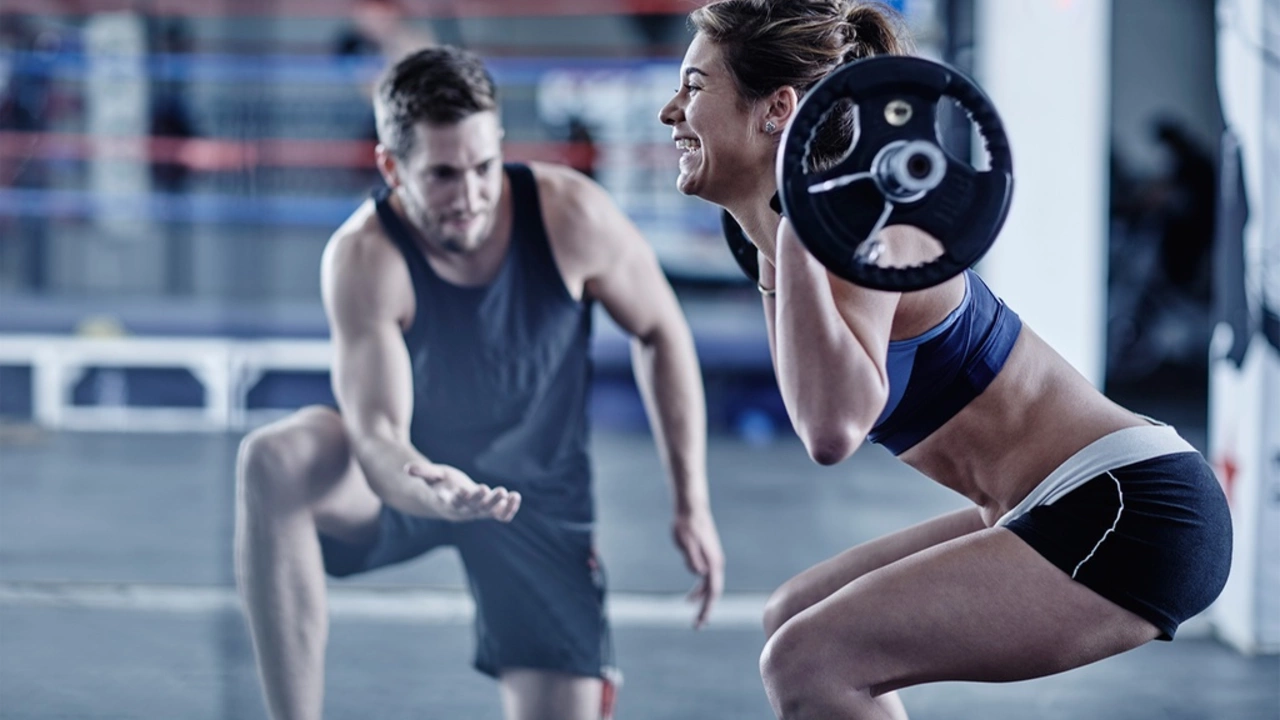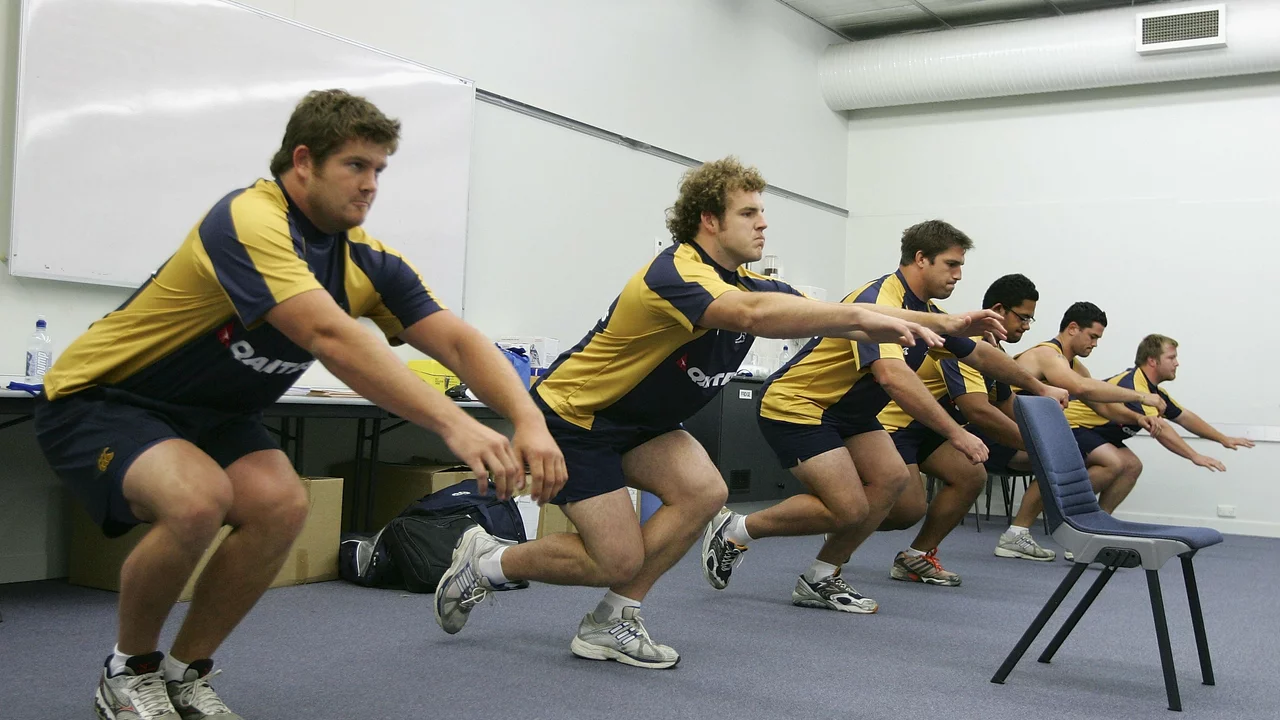Physical Fitness: Key to Rugby Success at South London RFC
If you love rugby, you already know the game is a mix of strength, speed, and stamina. But raw talent only goes so far – the real edge comes from solid physical fitness. At South London Rugby Football Club we see players who combine skill with conditioning dominate every match. This guide breaks down what fitness means for rugby, why it matters, and easy ways to level up your conditioning without spending hours in a gym.
Why Fitness Matters on the Pitch
Rugby is a contact sport, so you need a sturdy body to take hits and keep moving. Good cardio lets you chase down opponents in the later minutes when most teams start to lag. Strength helps you break tackles and hold your ground in scrums. Flexibility reduces the risk of injuries, especially in the shoulders and knees where most knock‑outs happen.
Think of a match as a marathon with bursts of sprinting. You might sprint 20 meters, pause for a tackle, then sprint again. Players who can repeat those bursts stay effective throughout the game. That’s why coaches always talk about “conditioning” – it’s the ability to keep your power output high for the whole 80 minutes.
Simple Conditioning Routines for Every Player
You don’t need fancy equipment to get fit for rugby. Here are three routines you can do at the club grounds or at home:
1. Interval Runs: Warm up with a light jog for five minutes. Then run hard for 30 seconds, walk or jog for 60 seconds. Repeat 8‑10 times. This mimics the sprint‑and‑recover pattern of a game.
2. Body‑Weight Circuit: Do a set of push‑ups, then burpees, then body‑weight squats, and finish with planks. Do each exercise for 45 seconds, rest 15 seconds, then move to the next. Complete three rounds. This builds strength, core stability and aerobic fitness all at once.
3. Mobility Flow: End every session with dynamic stretches – leg swings, arm circles, hip openers. Spend two minutes on each area. Good mobility keeps you agile and helps you recover faster.
Stick to these three workouts two to three times a week and you’ll notice faster recovery, more tackle wins, and fewer aches after matches. Pair the routine with proper nutrition – plenty of protein, carbs for energy, and water – and you’ll be ready for the physical demands of South London RFC’s training sessions.
Remember, fitness isn’t a one‑off thing. It’s a habit you build over the season. Track your progress with a simple notebook or phone app: note how many interval repeats you can do, how many push‑ups you hit, and how your sprint times improve. Seeing numbers go up keeps you motivated and gives the coach concrete data to tweak your workload.
At South London RFC we love players who take ownership of their conditioning. When you show up fit, you help the whole team play smoother, protect each other from injury, and enjoy the game more. So grab a water bottle, hit the training ground, and make physical fitness the foundation of your rugby journey.
Well, folks, rugby isn't a walk in the park, let me tell you that! You've gotta have strength that would make Popeye after a spinach smoothie look weak. But it's not all about brawn, you need mental toughness too, the kind that gets you through a Monday morning after a weekend of mischief. And let's not forget agility and speed, because, without those, you're just a strong tree stump in a field of gazelles. So, yes, you need to be strong, but you also need to be fast, agile, and above all, ready to take on anything - just like when you’re trying to open a pickle jar!
READ MORE
Taking up rugby has less to do with size and more to do with determination and skill. While bigger players might seem dominating, rugby is a game for all shapes and sizes, each with their unique strengths. Small players often have speed and agility, making them invaluable on the field. So, it's not about size, it's about how you use your abilities to contribute to the team. In rugby, heart and passion outsize physical stature.
READ MORE






